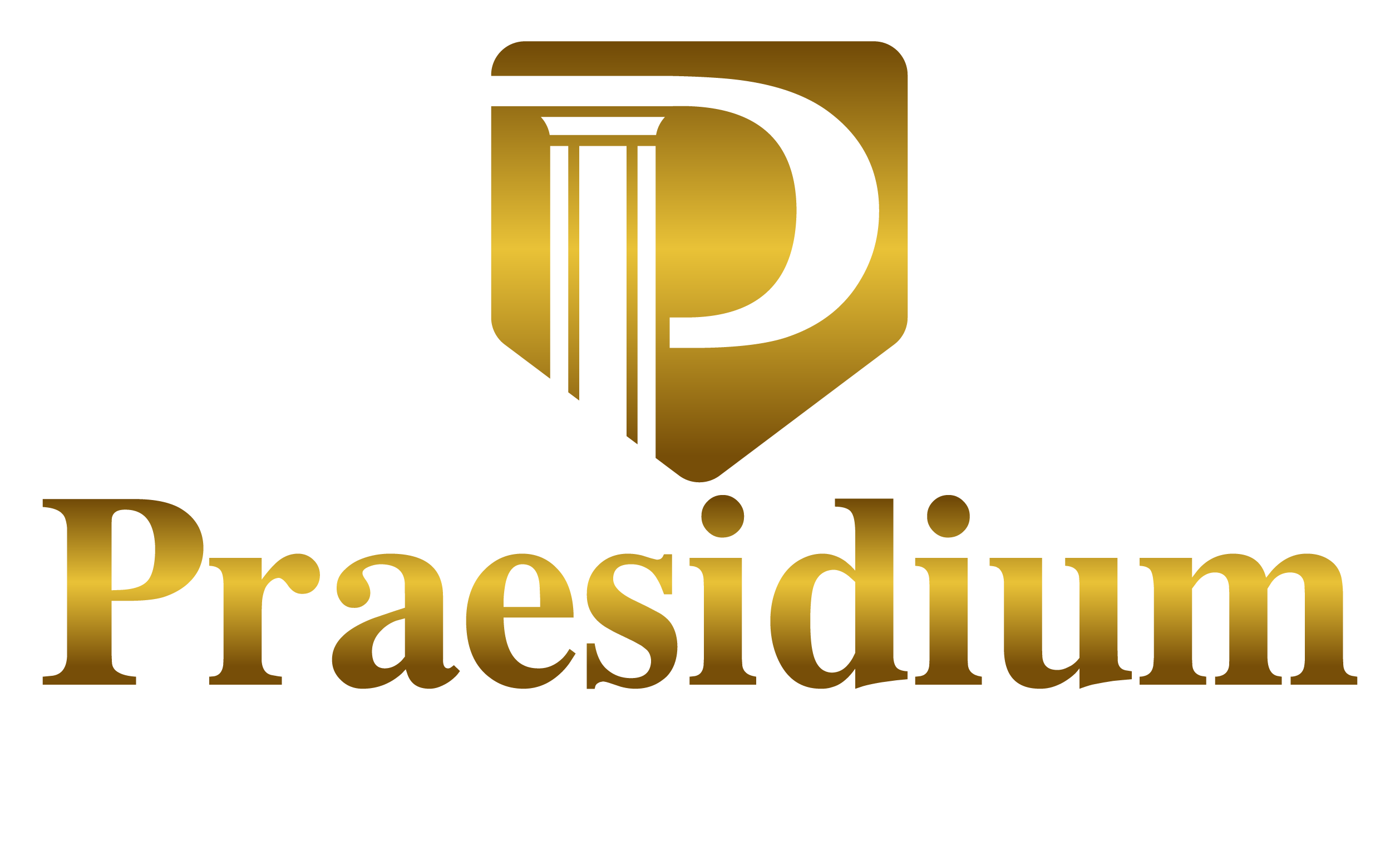FAQs
Frequently Asked Questions
Who Is Estate Planning For?
It is a common misconception that estate planning is only for those with a high number of assets. However, if you have any assets, including but not limited to, homes, properties, cars, retirement accounts, and checking or savings accounts, you need the protection only an estate plan can offer you.
Proper estate planning will provide structure and protection of your assets for you throughout your lifetime and then allow you to transfer those same benefits to your loved ones.
If you have minor children, an estate plan will identify who will care for your children when you are gone, and provide your instructions for their health, education, and welfare.
What Documents are Included in a Complete Estate Plan?
The primary documents of an estate plan include a trust, will, powers of attorney (financial and healthcare), final disposition, deeds, and other miscellaneous estate planning and transfer documents.
How Long is the Process?
From the free initial client meeting to the execution of your plan, it generally takes 3-6 weeks.
What Happens If Someone Dies Without an Estate Plan?
In most cases when someone dies without an estate plan, the distribution of their estate will be determined by their state’s laws in probate court. This process can take years for the courts to decide on a plan for distribution, leaving the decedent’s assets frozen in the meantime. Consequently, the longer it takes, the more money it will cost. Moreover, the decedent’s records that go through probate become available to the public.

